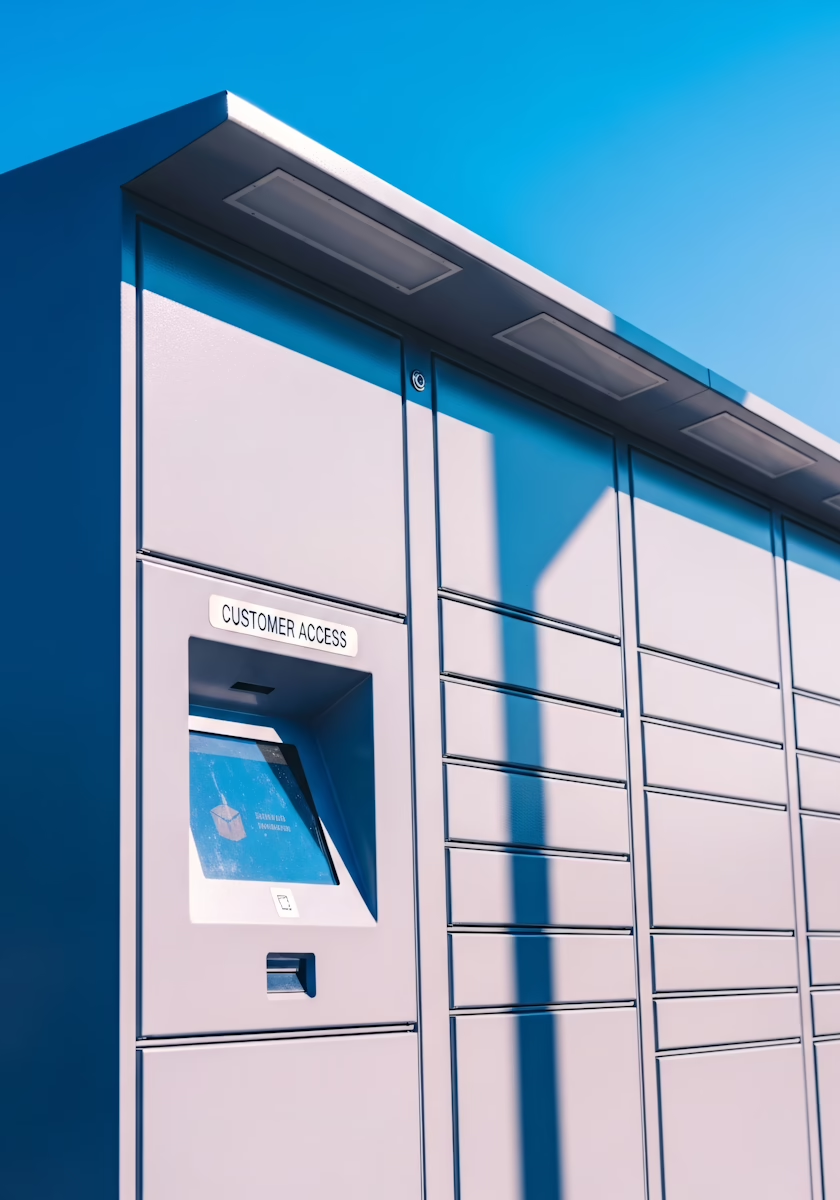Controlling Cash: Cash Handling Policies and Procedures

In our previous two blog articles, we discussed the importance of which employees should have access to cash and the significance of separating job duties and creating policies and procedures for dual controls. Since a company’s cash accounts are the most vulnerable to embezzlement and fraudulent activity, cash controls are critical to monitoring credit, collections, cash allocation and disbursements, as well as invoicing. There are some commonly accepted standards regarding best practices for handling cash.
Businesses managers and entrepreneurs should focus on establishing cash handling policies and procedures. In many businesses, thousands of dollars exchange hands daily, commonly in the form of cash, checks and credit cards. Cash transactions are events that have a beginning and an end. And if they are not documented there is no way to track the movement of money. And the cash recording process can have significant implications.
The three basic control tasks that must be completed to ensure transactions are completed, and tracked are:
- Accept the payment. When receiving payment for goods, businesses should always verify that the check payee is correct when accepting checks, count the total cash received to verify the balance is correct, and verify that any debit/credit card transactions are valid.
- Recording transactions with a receipt to the customer. Each sale to a customer should include a sales receipt and cashiers should have separate cash drawers for which they are individually responsible. Additionally, all monetary transfers internally and externally need to be documented.
- When not in use, place all forms of cash in a designated secure location.
Other policies and procedures in the area of accepting payment should include that employees never share passwords for transaction systems and managing supervisors must verify cash deposits and approve all voided and or refunded transactions.
Another set of policies and procedures is in the area of preparing deposits. Deposit forms should be created as soon as a total of cash, checks and credit card slips meet or exceed a set dollar limit. This limit may be $500 or more dollars, but it should be set low enough that it reduces the risk of loss. Business practices should include dual custody, balancing receipts to cash, maintaining backups of deposit forms and preparing journal entries in accounting systems.
Regarding the frequency of depositing cash, many businesses must make deposits on at least a weekly basis. But to limit the risk of cash loss, some businesses may need more frequent deposits. As part of the risk mitigation process, businesses must establish a procedure for reconciling the balances of deposits to the balances recorded in the monthly general ledger report of the company’s books.
The final general area to address is the reporting of monetary losses. Unfortunately, losses eventually occur, but with the proper policies, procedures, and people in place losses can be minimized and the source of the loss can be investigated when proper records have been kept. It is important that employees understand the process for reporting losses to supervisors and that suspicious losses be investigated by the company’s internal auditing supervisors.
We hope that you find these cash handling suggestions valuable and that you incorporate them into your business practices. Remember, when you have debt collection issues and need someone on your side, or maybe you want a better understanding of how you can recover bad debts, know that Burt and Associates is your go-to expert. Please feel free to contact us today through our website, email, or by phone. Our representatives are available to help you today.
Commercial Collection Topics
- Checking for Cash When we are talking about how we handle cash in business, the implications broaden even though the feeling of "show...
- Principles for Collecting Debt There are four basic principles to follow when collecting debts, ranked by order of importance: 1 Collect the money owed...
- Accounts Receivables Aging Schedule The Accounts Receivable Aging Schedule is a useful tool for analyzing the aging of your accounts receivable. Analyzing the schedule...
- The Collection of Debt and Morality Part 3 Part 3 of 3 The Collection of Debt and Morality: The legitimacy of private debt collection agencies and the problem...















